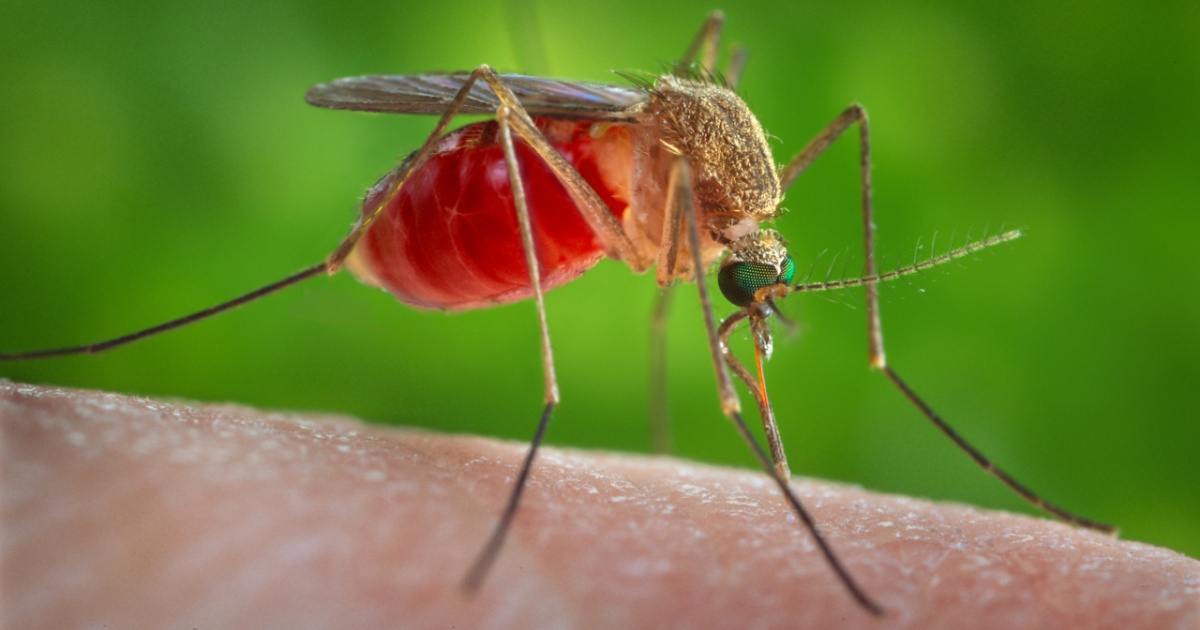
The Brazilian Ministry of Health announced this week the first deaths recorded in the world due to the Oropouche virus, a virus that is currently affecting many provinces in Cuba.
The deceased were two women under 30 years old who lived in the state of Bahia, in the northeast of the country, and who had no comorbidities, but "showed signs and symptoms similar to those of severe dengue," said the ministry of the South American country in a statement.
"Until now, there had been no account in the global scientific literature about deaths from the disease," the entity added.
Authorities are also investigating a possible death from Oropouche in the state of Santa Catarina, in southern Brazil, while a possible case in the state of Maranhao, in the northeast, has been ruled out.
Oropouche fever, transmitted by midges and mosquitoes, was first detected in Brazil in 1960. Since then, cases have mainly been recorded in the Amazon region. So far this year, the South American giant has recorded at least 7,236 cases.
The disease, present in other Latin American countries, shows similar symptoms to those of dengue, although they tend to be milder.
The Oropouche virus spreads in Cuba
Cuba admitted the first cases of Oropouche fever at the end of May, in the province of Santiago de Cuba. However, since then the disease has spread alarmingly throughout the rest of the country.
In early July, Cuban health authorities reported that there were cases in at least twelve provinces, while acknowledging the lack of resources to control the epidemiological situation.
In recent days, the European Centre for Disease Prevention and Control (ECDC) reported that Spain and Italy reported six cases in individuals who had traveled to Cuba, although only one of them required hospitalization.
Oropouche fever is an arboviral disease transmitted by the bite of Culicoides paraensis, commonly known as jejen, and certain Culex quinquefasciatus mosquitoes.
The most common symptoms are fever, headache, joint stiffness, aches, chills, and occasionally nausea and vomiting.
Most symptoms generally appear between four and eight days after the person was infected, and last from five to seven days, although sometimes complete recovery can take weeks.
So far, in the most severe cases, the virus could cause aseptic meningitis, according to the World Health Organization (WHO), but there were no recorded patients who died from the disease, as the Ministry of Health of Brazil has just documented.
As of the closing of this note, the Ministry of Public Health (MINSAP) of Cuba has not commented on the statement from its Brazilian counterpart.
What do you think?
COMMENTFiled under: